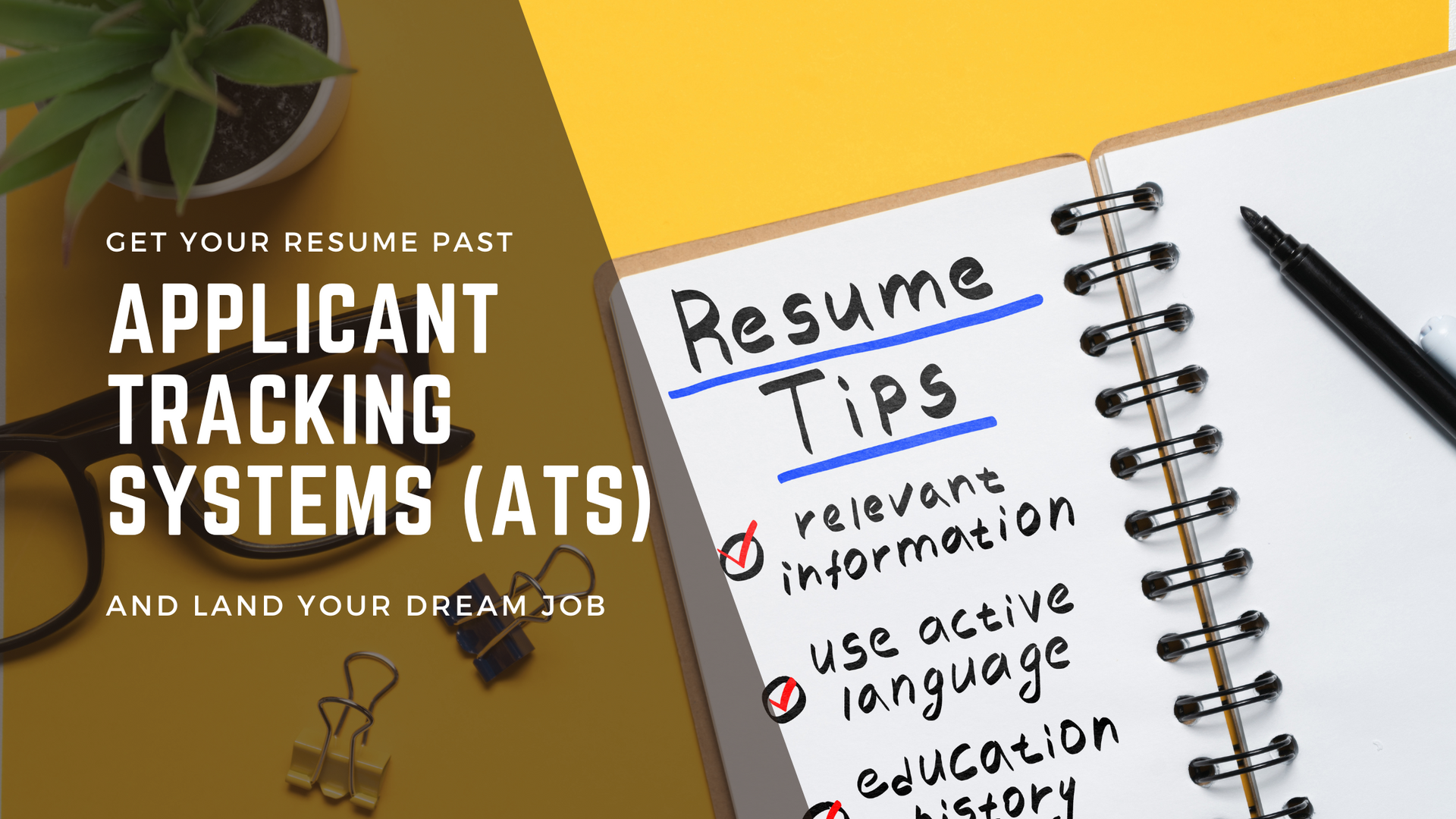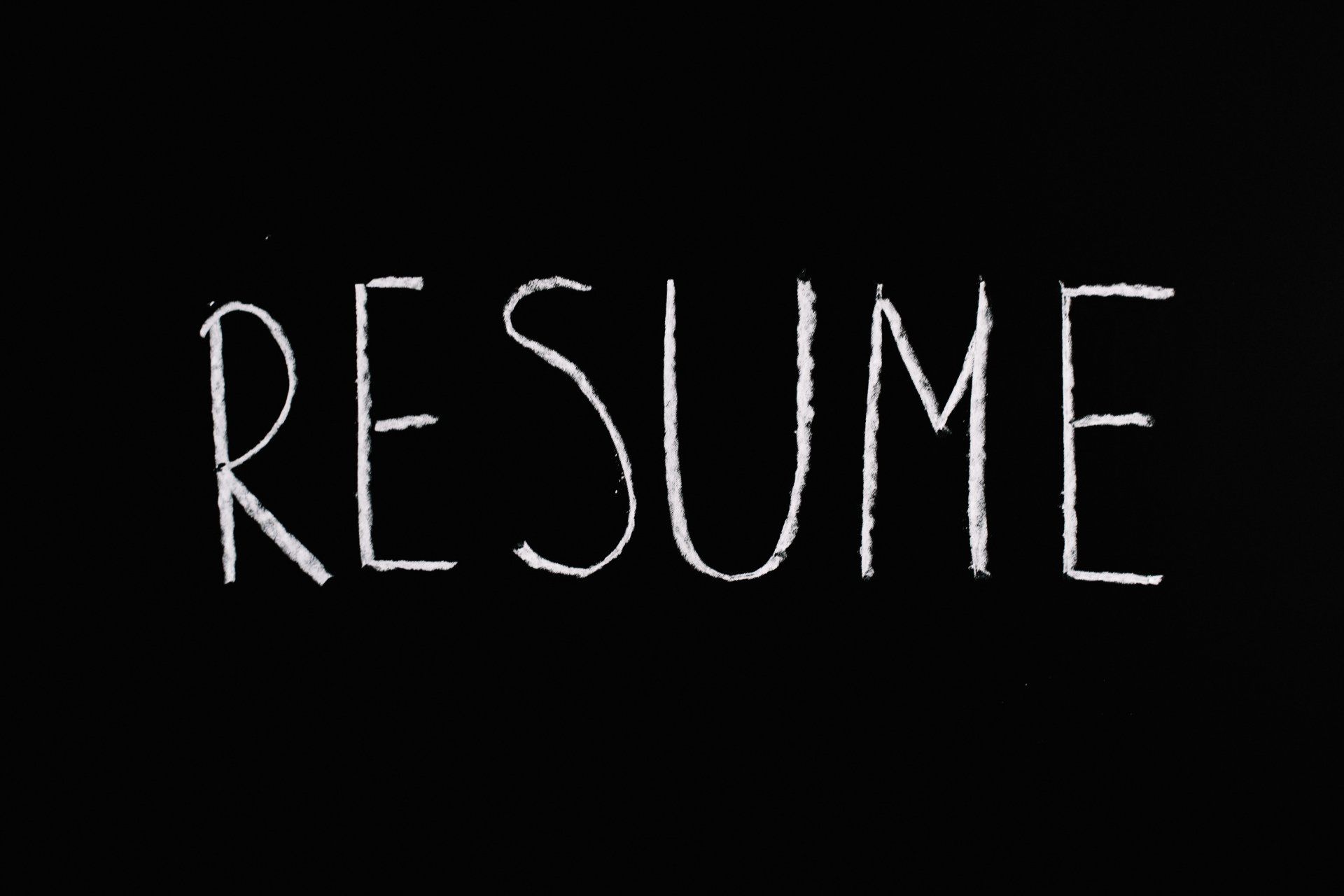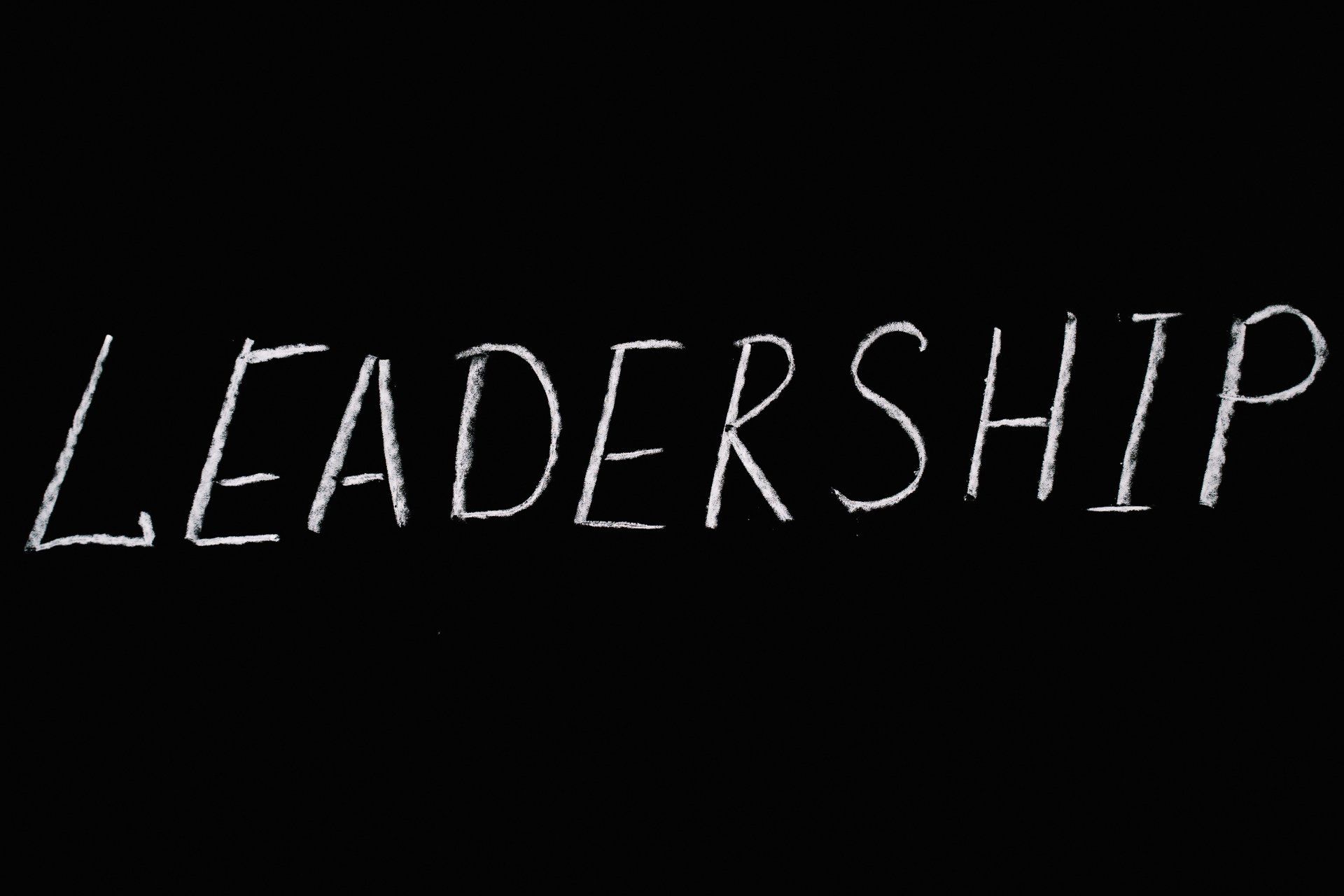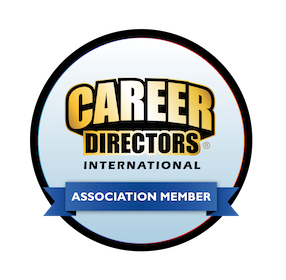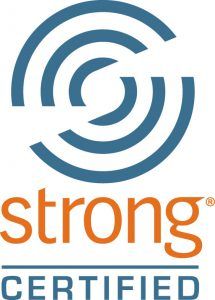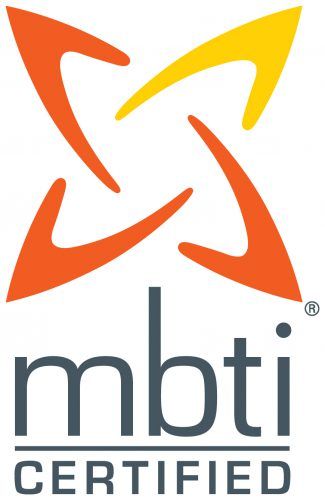
The Myth of Upward-Only Growth
For a long time, career advice came with a single metaphor: climb the ladder. Each rung was supposed to represent progress—higher title, higher pay, higher stakes. But here’s the truth: a lot of people climb that ladder only to realize it’s leaning against the wrong wall.
At RYD Career Coaching, we work with mid-career professionals who followed the “right” path—only to end up overworked, burned out, or quietly unfulfilled. They did what they were supposed to do. Now they’re ready to figure out what they want to do.
Because traditional career ladders don’t leave room for what many of us need: flexibility, values alignment, and the freedom to evolve. You don’t have to chase promotions that don’t serve you. You don’t have to prove your worth by staying in a role that drains you. And you definitely don’t have to apologize for wanting something different.
Whether you’re feeling stuck in middle management, itching for a career change, or just starting to question what success even means—you’re not broken. You’re just outgrowing the story you were told.
Let’s rewrite it.
Where the Ladder Analogy Breaks Down
The idea of the corporate ladder has been around for decades—and for some people, it works. But for many professionals, especially those navigating career changes in their 30s, 40s, or 50s, that metaphor starts to feel narrow and outdated.
Here’s why:
It doesn’t account for detours, pauses, or value shifts.
Life isn’t linear. Careers aren’t either. You might step back to care for family, take a lateral move to escape a toxic environment, or pursue a new path that aligns better with your values. None of those decisions make you less driven—they make you human.
Yet the ladder model treats these shifts like setbacks. That mindset is harmful and inaccurate.
It treats burnout like a badge of honor.
The ladder glorifies constant upward motion: more hours, more stress, more responsibility. But if each rung brings you more pressure without more fulfillment, is it really progress?
We work with clients who’ve checked all the boxes—title, salary, performance reviews—and still feel empty. That’s not failure. That’s a sign that the system wasn’t built for sustainability.
It ignores the messy, meaningful middle.
There’s real growth in staying still long enough to know yourself. In deepening your skills. In redefining success on your terms.
Sometimes you don’t need another rung. You need a wider platform.
Signs You’ve Outgrown the Current Path
You don’t have to hate your job to know it’s not working. Sometimes the signs are subtle—a slow erosion of energy, a growing sense that you're no longer learning, or the quiet dread that starts creeping in on Sunday night. If you’re wondering whether it’s time for a change, here are some common signals we see in coaching clients who’ve outgrown their current career path:
You feel bored, even when you’re busy.
Your calendar might be full, but you’re running on autopilot. You’re executing tasks, attending meetings, getting things done—but there’s no real spark. No growth. No curiosity. That’s a red flag.
You’re performing well, but it doesn’t feel like progress.
You’re meeting goals, getting positive feedback, maybe even earning promotions. And still… something’s off. This kind of “empty achievement” is incredibly common among mid-career professionals, and it often points to values misalignment.
You feel like you’re shrinking to fit the role.
You’ve adjusted. You’ve compromised. You’ve let go of creative ideas or ways of working that once felt important to you. And now? You feel like a watered-down version of yourself at work. That’s a problem worth addressing.
You catch yourself wondering, “What else is out there?”
Even if it’s just a passing thought between Zoom calls, that question matters. It’s often your first clue that you’re ready for something different—whether that’s a new role, a new industry, or a whole new direction.
Alternatives to Linear Advancement
For a long time, the only direction that seemed to count in a career was “up.” But up isn’t always the right move—and it’s definitely not the only one. In our work with mid-career professionals, we often help clients discover that the most fulfilling paths are the ones that break from tradition.
Here are three alternatives to climbing a ladder that still move you forward in meaningful ways:
Lateral moves
A lateral move—switching roles or departments at the same level—can open up fresh challenges, better culture, or a healthier team dynamic without the pressure of a title jump. It’s one of the most underappreciated strategies for long-term career growth, especially when you’re looking to pivot or protect your energy.
Pivoting to new industries or functions
If your skills are transferable—and they probably are—you’re not stuck in one sector forever. We help clients identify adjacent industries or job families where their experience still holds weight but the environment offers a better fit. Think supply chain to sustainability, or project management to people ops.
This is where strong career storytelling makes all the difference.
Growth through deepening
Sometimes, growth doesn’t mean doing something new—it means doing something deeper. That might look like building mastery in your current field, mentoring others, or finally prioritizing work-life balance after years of overextending. These kinds of changes aren’t always visible on a resume, but they’re powerful.
How to Figure Out What “Success” Means to You
If your version of success no longer matches the one you started out with—good. That means you’re paying attention.
The most meaningful career shifts we’ve seen at RYD start not with a job title or industry, but with a better question:
What does success look like for me now?
Here’s how to start answering that:
Use journal prompts to go deeper
You don’t need a five-year plan—you need five honest answers. Try these prompts to reconnect with your own voice:
- What part of your current work gives you energy? What drains it?
- When do you feel most confident or proud in your role?
- What would you keep doing even if you didn’t get paid for it?
If your answers feel scattered, that’s okay. Patterns emerge over time—and clarity follows action.
Ask better coaching questions
You don’t have to figure this out alone. Our clients often uncover new possibilities just by talking it out in a space where they don’t have to perform. Coaching creates room for the “what ifs” you’ve been avoiding.
Some of our favorites:
- What would you want if no one was watching?
- What kind of support would help you move forward?
- Who do you admire—and why?
These aren’t surface-level questions. They’re invitations to take yourself seriously.
Make values-driven decisions
You can’t build a sustainable career on someone else’s definition of success. When you anchor your goals in your values—things like autonomy, connection, creativity, or stability—you’ll make choices that lead to alignment, not exhaustion.
This is the heart of the work we do at RYD Career Coaching: helping you realign your career path with who you are now, not who you were when you chose your major or said yes to that first job.
Your Career Should Work for You—Not the Other Way Around
You don’t need to keep climbing just because the ladder is there. If your current path feels misaligned, unsustainable, or just flat-out wrong—it’s not too late to change direction. In fact, it’s one of the most courageous and strategic moves you can make.
At RYD Career Coaching, we work with mid-career professionals who are ready to stop following someone else’s idea of success and start defining their own. Whether you’re craving more purpose, more flexibility, or just a job that feels like it fits, we can help you figure out what’s next—and how to get there without burning out in the process.
Your career isn’t stuck. You’re not too old. And you’re definitely not behind. You’re ready to take the next step—your step.
Let’s figure out what that looks like.
